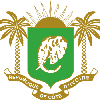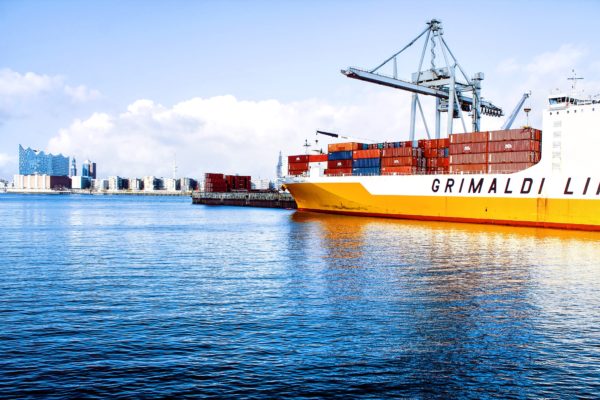With the aim to strengthen the economy’s competitiveness and to promote measures of good governance, Côte d’Ivoire, together with the IMF and the World Bank, recently implemented a series of substantial reforms. According to the World Bank’s “Doing Business” reports of recent years, Côte d’Ivoire is among the best countries in Africa (2018: rank 138 out of 190 countries). The Government of Côte d’Ivoire is committed to continue its reform efforts with the target to rank among the top 50 countries in the world by 2020. In this context, the role of the state investment promotion agency CEPICI (www.cepici.gouv.ci) is crucial in promoting favourable conditions for the establishment of businesses and investments.
In the last quarter of 2015, international rating agencies have increased Côte d’Ivoire’s credit rating from B1 to Ba3 (Moody’s) and from B to B+ (Fitch), both with a stable outlook. This positive development is due to an increasing political and economic stability and a solid management of public finance. These assessments were reconfirmed by the two rating agencies in their 2016 and 2017 country evaluations. In February 2018, Fitch reconfirmed Côte d’Ivoire’s credit rating in its seventh country rating report (B+ with stable outlook). The same applies to Moody’s, which confirmed its credit rating for Cote d’Ivoire in October 2018.




